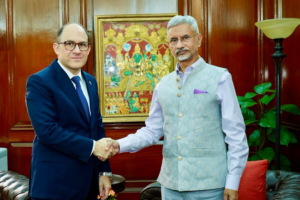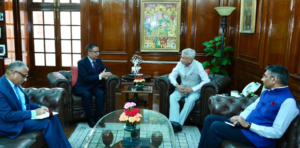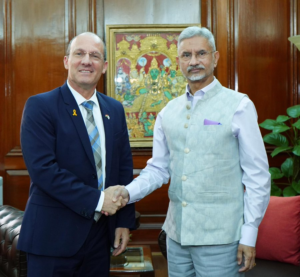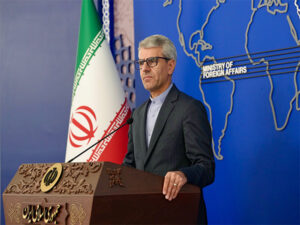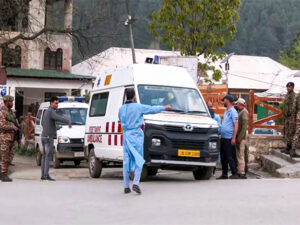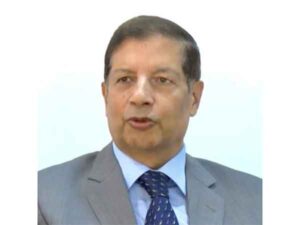Only 3 per cent of World Bank’s USD 100 million funding used to flood-proof Karachi
Islamabad [Pakistan], January 20 (ANI): Only three per cent of the World Bank’s USD 100 million funding to help prevent flooding in Karachi was used to flood-proof the city, reported London-based news website The New Arab.
Karachi situated on Pakistan’s southern coast is home to 16 million people. The project called the Solid Waste Emergency and Efficiency Project (Sweep) was meant to clear the city’s many clogged waterways, locally called nullahs, that lead drain water into the sea and improve its debilitated water system. The project was initiated in late 2020 after a particularly bad spell of flooding earlier that year, The New Arab reported.
But three years later, less than three per cent of the World Bank’s budget, which it gave as loans to the local Sindh government, was spent. The money was not used to build new infrastructure and as a result, Karachi was left unprepared in 2022, when floods hit the country.
According to reports, USD 92,000 was spent on furniture while the earmarked amount for equipment and vehicles is yet to be disbursed. A further USD 30 million was meant to go towards unspecified “works”, according to official documents cited by Climate Home News, which has not been spent. Authorities used the money to bulldoze the homes people built without the permission of local authorities, rendering them homeless.
Fahad Saeed, South Asia and Middle East lead at the policy NGO Climate Analytics, as quoted by The New Arab, said: “Pakistan needs to do some introspection as to why they were unable to tap into the funds that were available. Was their own house in order to access these funds?”
Since 2017, the World Bank has poured millions of dollars into Karachi but the city has still experienced routine flooding every year since. In 2022, the city was inundated for days on end.
Sakariya Kareem recently writing for the Asian Lite stated that Pakistan is going on the path of ‘bankruptcy’ and has resumed its five decades-old practice of pleading for funds from other countries and fleecing the world’s kindness. According to the publication, since its independence in 1947, Pakistan has been fooling the Americans, Russians, Muslim countries, and now China into believing that their best interests would be served by funding Islmabad’s existence and regional misadventures.
Borrowing former Pakistan President Zulfikar Ali Bhutto’s quote, “We (Pakistan) will eat grass, even go hungry, but we will get one of our own (Atom bomb) … We have no other choice!”, the column stated that his words seemed to be ringing true as the country’s nuke count reached 165 but it is left with no food and electricity.

